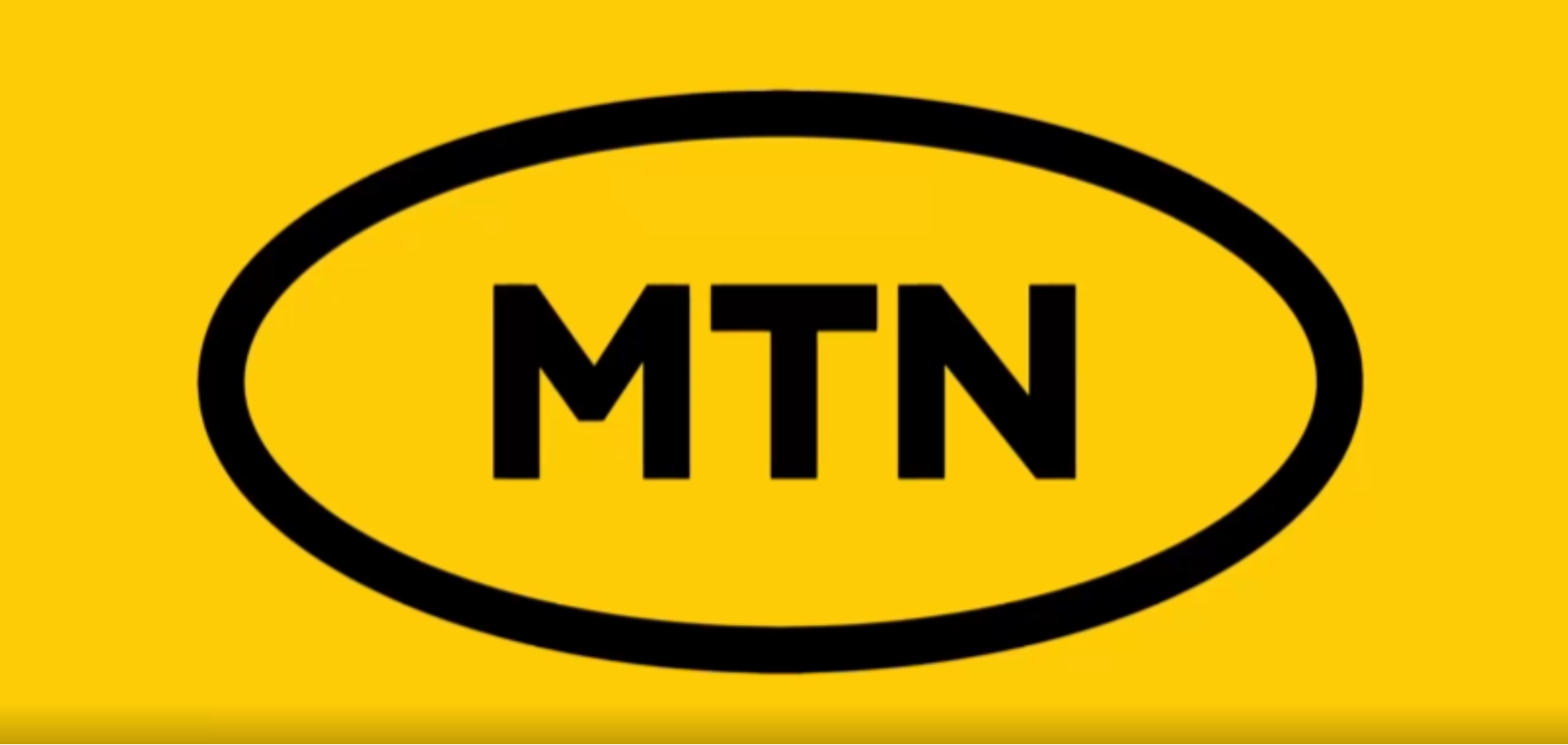After its African subsidiaries kept us busy with updates over the past few weeks, mothership MTN Group has now released a quarterly update for the period ended March.
Subscriber numbers still growing
With 276 million customers in 19 markets, MTN is huge. The share price has been a massive performer recently, up 77% in the past year. The performance is now flat year-to-date, as MTN hasn’t been spared the pain of the recent market sell-off.
Subscriber numbers increased 3.2%. It would’ve been 3.9% were it not for new SIM registration regulations in Nigeria which impacted overall numbers. There are 125.6 million active data subscribers (up 13.1%) and 58.7 million active Mobile Money (MoMo) customers (up 25.9%).
Don’t make the mistake of thinking that the South African market is ex-growth, as subscribers increased by 7.1%. Postpaid (i.e. contract) subscribers increased 7.4% to 7.5 million and prepaid subscribers increased 7.0% to 27.0 million.
Data. Data everywhere.
Group service revenue is up 15.9% and the underlying drivers of this vary considerably. Voice revenue is the mature business, up 2.6%. Data revenue is the fastest-growing area, up 37.3%. FinTech revenue is a substantial opportunity and grew 21.2% in this period.
It’s incredible to see how data consumption has increased. The cost of data has reduced 22.8% year-on-year in South Africa. The average prepaid data subscriber consumers 4.0GB per month (up 37%) and the average contract subscriber uses nearly 11.8GB per month, up 20%. I believe that low-cost data is a critical driver of economic growth and overall levels of education.
MoMo transaction value only grew by 12.6%, well below user growth levels, as new pricing rules were implemented in Ghana to improve margins. These negatively impacted transaction values. Other highlights in the FinTech business were 46.8% growth in active merchants accepting MoMo payments, 7.4% growth in remittances, a 27.8% increase in loan facilitations and 37.8% growth in the InsurTech platform which had 17.4 million registered aYo policies.
In April, MTN received approval for a MoMo Payment Service Bank licence from the Central Bank of Nigeria. This is key to the FinTech strategy, which revolves around smartphones becoming the key channel through which customers in Africa send money and shop for items.
Margins heading in the right direction
Earnings before interest, taxes, depreciation and amortisation (EBITDA) increased by 21.1%. As this is higher than the revenue growth rate, the benefit of operating leverage is coming through (fixed costs that don’t increase in proportion with revenue). Group EBITDA margin improved from 44.2% to 46.4%.
The two most important markets (South Africa and Nigeria) both achieved revenue growth and EBITDA margin expansion. MTN South Africa EBITDA margin of 39.9% is strong when viewed in isolation but is dwarfed by MTN Nigeria’s EBITDA margin of 54.6%. A juicy margin like this is why telecoms businesses take chances on risky markets.
Balance sheet and capex
Speaking of risk, group leverage is down to 0.3x from 0.4x at the end of 2021. Holding company leverage is an important measure, as MTN cannot always get cash out from the African subsidiaries to help it service debt. Holding company leverage improved to 0.9x from 1.0x at the end of 2021.
MTN invested R7 billion in capital expenditure this quarter and another R3.3 billion in April 2021 for the mid-band allotment of spectrum in the local auction. Guidance for the full year is R34.4 billion in capital expenditure.
It looks terrific, but keep an eye on this risk
In summary, MTN is growing strongly and achieving excellent margins in many markets. The group is focused on its FinTech strategy, an approach that makes a lot of sense in an African context. After learning some very tough lessons in Africa, the group has pushed local ownership of assets (listing the African subsidiaries in those markets and encouraging local investors to buy shares). The balance sheet is far stronger than in recent years, as a strong oil price enabled MTN to upstream cash from key markets like Nigeria.
A risk for investors to keep an eye on is African governments using the FinTech revolution as a way to generate additional tax revenue. Ghana did exactly this in 2022, applying a 1.5% e-levy to selected electronic transactions. MTN had to adjust pricing accordingly to try and limit the impact on volumes.
MTN operates in markets that certainly aren’t easy to manage. As the golden rule in finance tells us though, without risk there is no reward.





How will MTN performance impact on MTNZAKHELEFUTHI. This share is currently trading around R30 and MTN around R170. MTNZAKHELEFUTHI will mature at the end of 2024. MTNZAKHELEFUTHI depends on MTN to settle its liabilities.
Yes, MTN ZF requires a specific analysis of the balance sheet in the structure. The current trends in MTN are very encouraging but the key thing to keep an eye on is upstreaming of cash from the African countries. I also noticed in the country-specific results over the past few weeks that capital expenditure has increased substantially, which suggests lower cash flows to send “home” as MTN invests for growth on the continent.
I would like to hear what you make of the growth in transactions by these MNOs: Vodacom reporting $325 billion (saying they are the biggest), while MTN had more than $200 billion (can’t recall exact number but Nigeria had $60 billion for Q1)). How important are these and do you have any insight on margins?
Depends if you’re looking at just the FinTech transactions or a broader definition that includes digital value-added services. I don’t have specific insights into the margins but much like non-interest revenue in banking, I think the point is that the net income drops straight to the bottom line without needing additional capex etc. This helps drive EBITDA margin, with MTN running at really impressive levels (and above a US peer like AT&T for example). In general, I think the growth opportunity in these African countries is substantial.